For Nietzsche the Age of Greek Tragedy was indeed a tragic age. He saw in it the rise and climax of values so dear to him that their subsequent drop into catastrophe (in the person of Socrates - Plato) was clearly foreshadowed as though these were events taking place in the theater. And so in this work, unpublished in his own day but written at the same time that his The Birth of Tragedy had so outraged the German professorate as to imperil his own academic career, his most deeply felt task was one of education. He wanted to present the culture of the Greeks as a paradigm to his young German contemporaries who might thus be persuaded to work toward a state of culture of their own; a state where Nietzsche found sorely missing.

Human, All Too Human
Friedrich Nietzsche
book
Hetken hallitsijat : Julkinen elämä notkeassa yhteiskunnassa
Anu Kantola
book
Kognitionspsykologi : utdrag ur Grunderna i vår tids psykologi
Peter Juslin, Lars Nyberg
book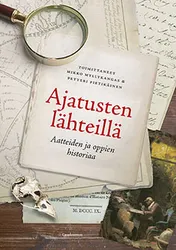
Ajatusten lähteillä: Aatteiden ja oppien historiaa
Mikko Myllykangas, Petteri Pietikäinen
book
Näytön paikka : Tutkimustiedon käyttö ja väärinkäyttö
Kari Raivio
book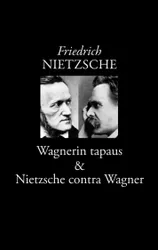
Wagnerin tapaus
Friedrich Nietzsche
book
The Moral Landscape : How Science Can Determine Human Values
Sam Harris
book
Ideoita puhtaasta fenomenologiasta ja fenomenologisesta filosofiasta
Edmund Husserl
book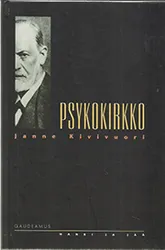
Psykokirkko : Psykokulttuuri, uskonto ja moderni yhteiskunta
Janne Kivivuori
book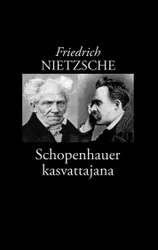
Schopenhauer kasvattajana
Friedrich Nietzsche
book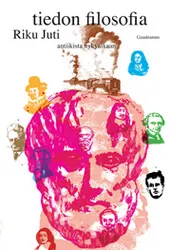
Tiedon filosofia : Antiikista nykyaikaan
Riku Juti
book
Naisia vai noitia? : Naisvainot ennen ja nyt
Mona Chollet
audiobookbook

